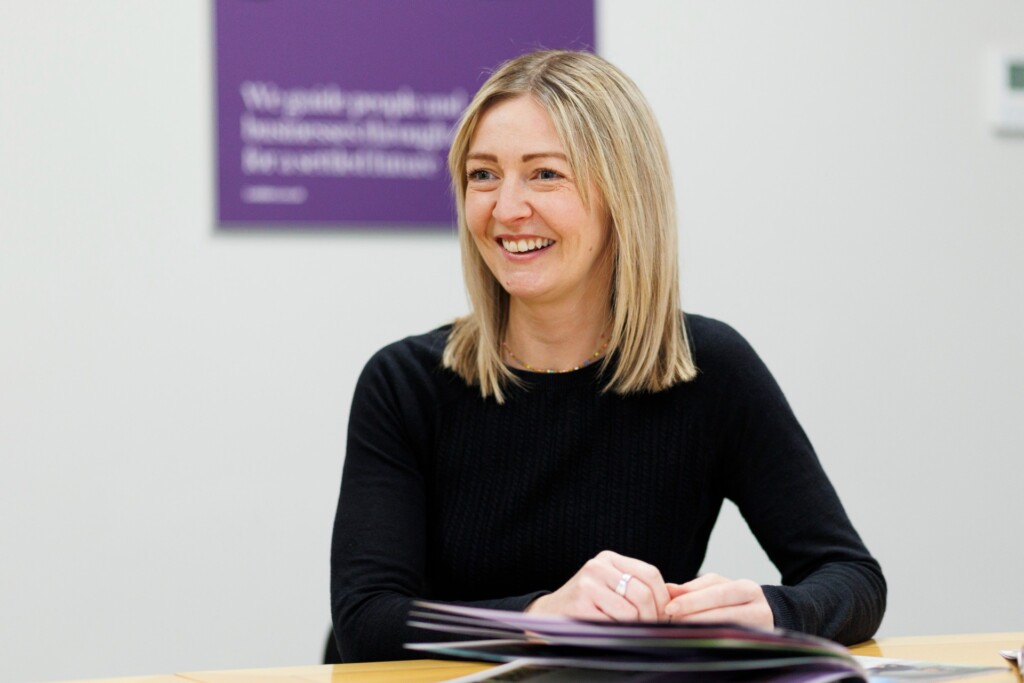World Alzheimer’s Day 21 September 2022: ‘Know dementia, know Alzheimer’s’
The government must address concerns around their Care Cap Promise to avoid the care industry suffering and wide polarisation between local authority funded and private paying care home residents, Lodders’ Elderly and Vulnerable Clients team has warned.
What is the Care Cap Promise?
“The £86,000 Care Cap Promise was first announced by the Conservatives in September 2021.”
“It is a reform to the funding of social care in England, which has been under review since 2010 and has suffered various false starts and U turns in getting to where we are now.
“There remain a lot of unknowns at the moment, and updated guidance is awaited. In particular, there are concerns that the care industry will suffer and that there will be a wider polarisation between local authority funded and private paying residents. Local authorities will need a significant amount of extra funding both for care, and to increase operational and workforce capacity,” she warns.
World Alzheimer’s Day 2022
Speaking on this year’s World Alzheimer’s Day (21 September 2022), the theme for which is ‘Know dementia, know Alzheimer’s’.
“Under current rules, if a person who needs social care in England has over £23,250 of assessable assets they are deemed to be ‘self-funding’ and must pay the full cost of their care until the value of those assessable assets falls to £23,250, at which point the local authority will assist with funding. If the Care Cap comes in, then from October 2023 a person who needs care will only be self-funding if they have assessable assets of over £100,000, and they will spend this assessable capital up to the cap of £86,000 – at which stage the local authority will assist with funding.
“Only the cost of ‘personal care’ or ‘eligible needs’ will count towards the cap, and there is going to be a flat rate of £200 per week attributed to ‘daily living costs’ that will also not count towards the cap. In order to have care fee payments counted towards the cap, people must register with the local authority – we have no idea at the moment about how this is going to be processed – and apply for either a personal budget or an independent personal budget. This budgeted amount is the figure that will be used to accrue to the Care Cap.
“The important thing people must realise is that as well as having to register/ apply, people will likely find that they pay care costs in excess of £86,000 before they are deemed to have reached the cap.
“How can this happen?
“Imagine you are in a care home paying £1,200 per week. In October 2023 you apply for a personal budget, and this is calculated to be £800 per week (this is the amount the local authority deems you need to pay to meet your particular care needs). Only £800 per week will count towards the Care Cap, with £400 per week falling outside: £200 per week is counted as Daily Living Costs and the other £200 per week is a ‘payment not for eligible needs’. It would take you 107.5 weeks to reach the Care Cap, and in that same period, you will have paid £128,400 to the care home.
“Once you reach the Care Cap, if you want to stay at the same care home and that home does not accept the local authority personal budget amount of £800 in full payment of their fees, you will have to continue to pay £400 per week after qualifying for the cap, which is a further £20,800 per year.”
Reform
“Reform is welcome, but having been through the Dilnot report in 2011, a care fee cap of £72,000 announced in 2015 but then delayed, the furore over Theresa May’s dementia tax and yet another U-turn I’m not sure this is yet the right solution,” she says.
Visit Alzheimer’s Society website here.
Contact usContact us
Need more advice?
For help with a legal problem or more information on any of our services at Lodders, please get in touch with our friendly team. You can contact us via the number or email address below, or fill in the form and we will get back to you as quickly as we can.

Contact a member of the team
Read more
Other news, insights and events







